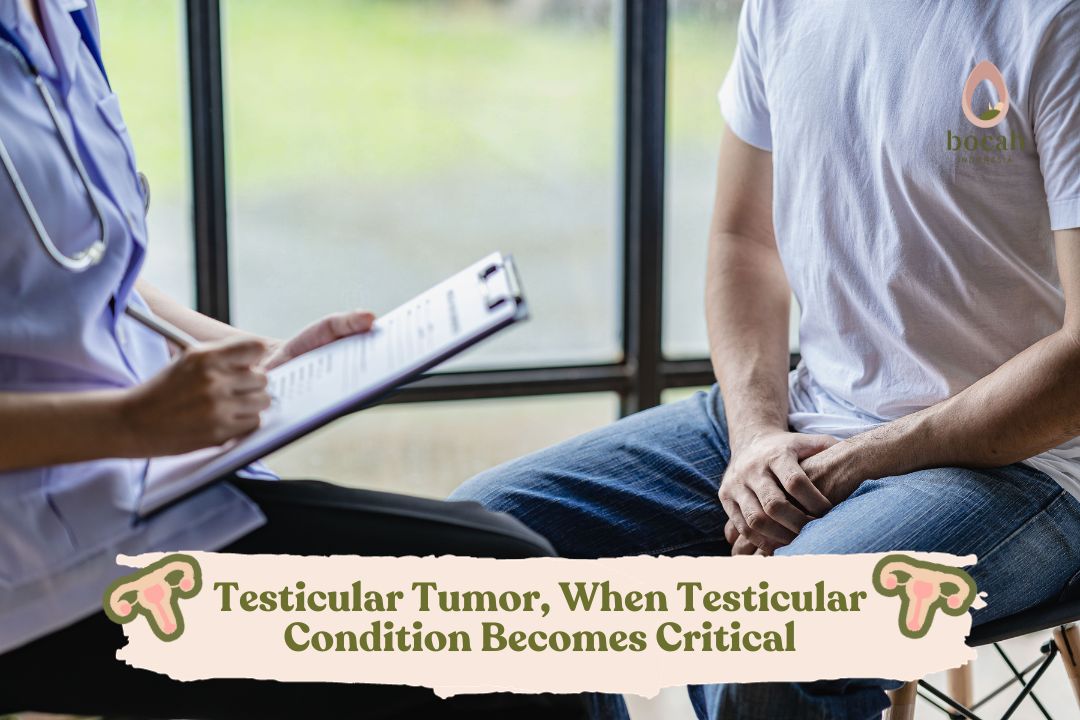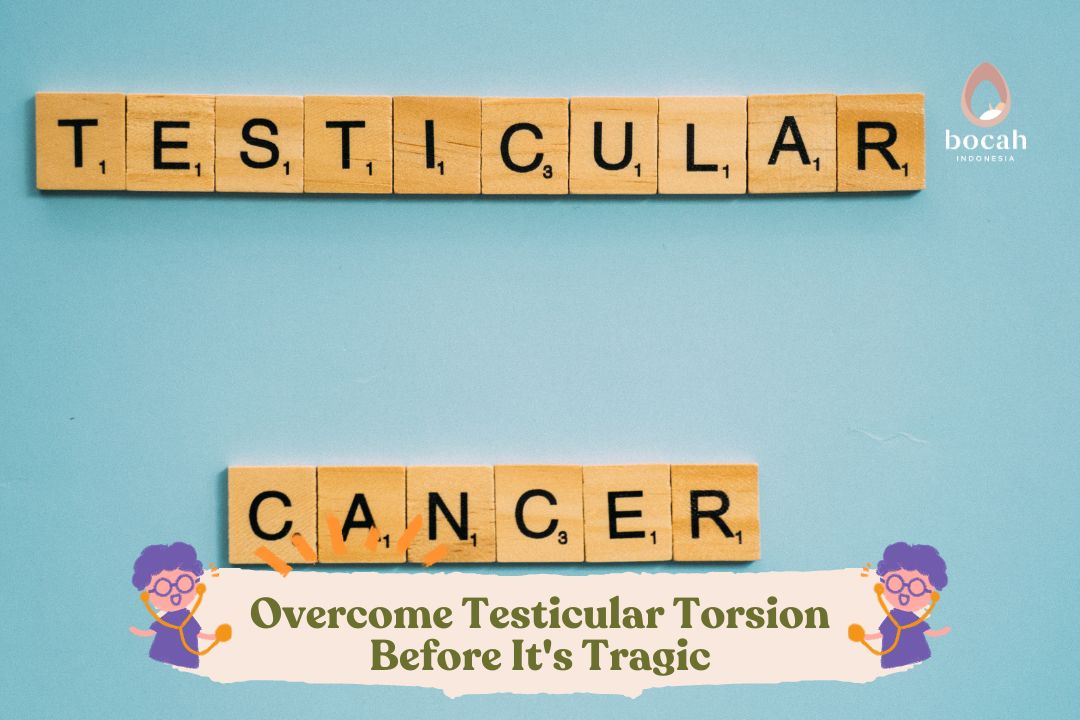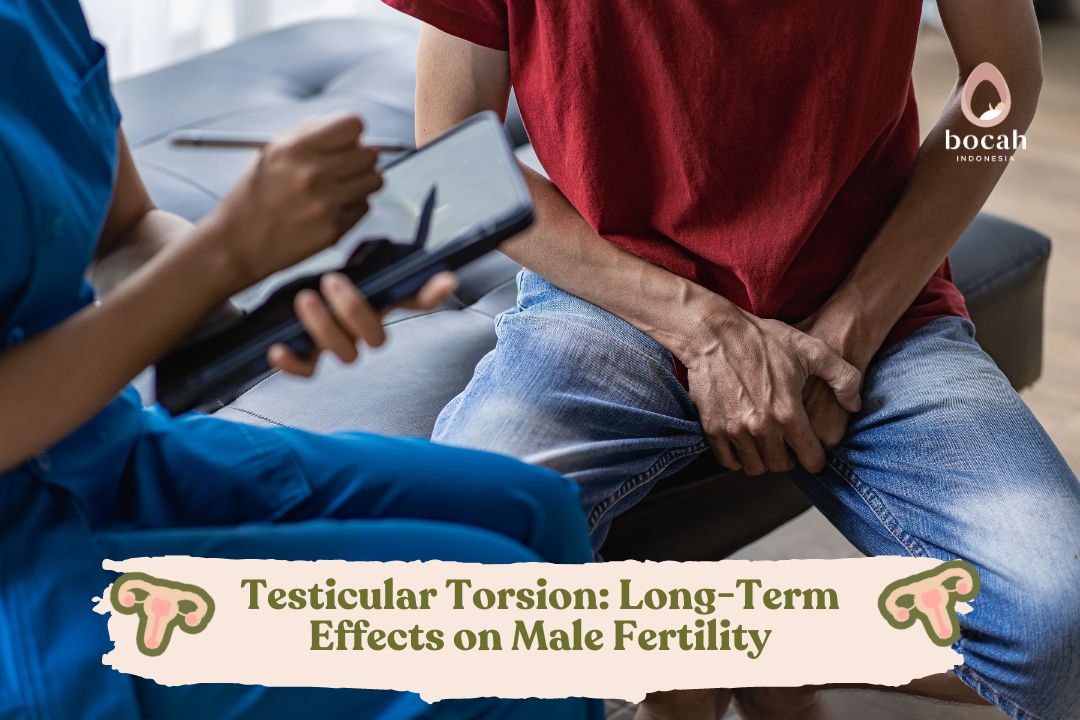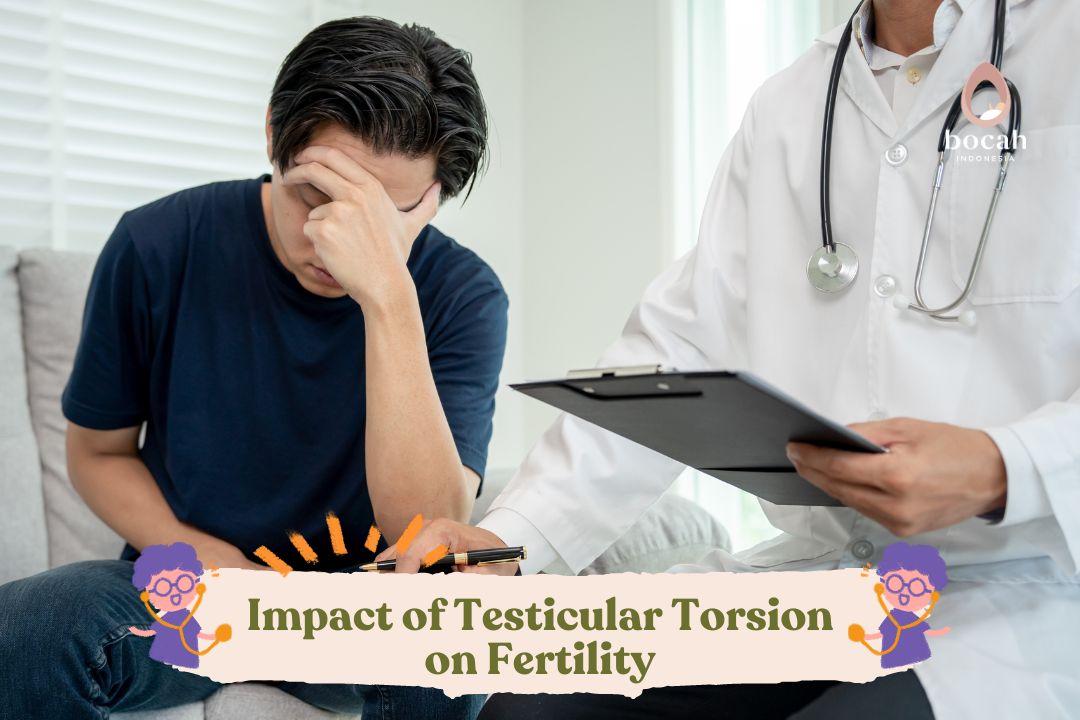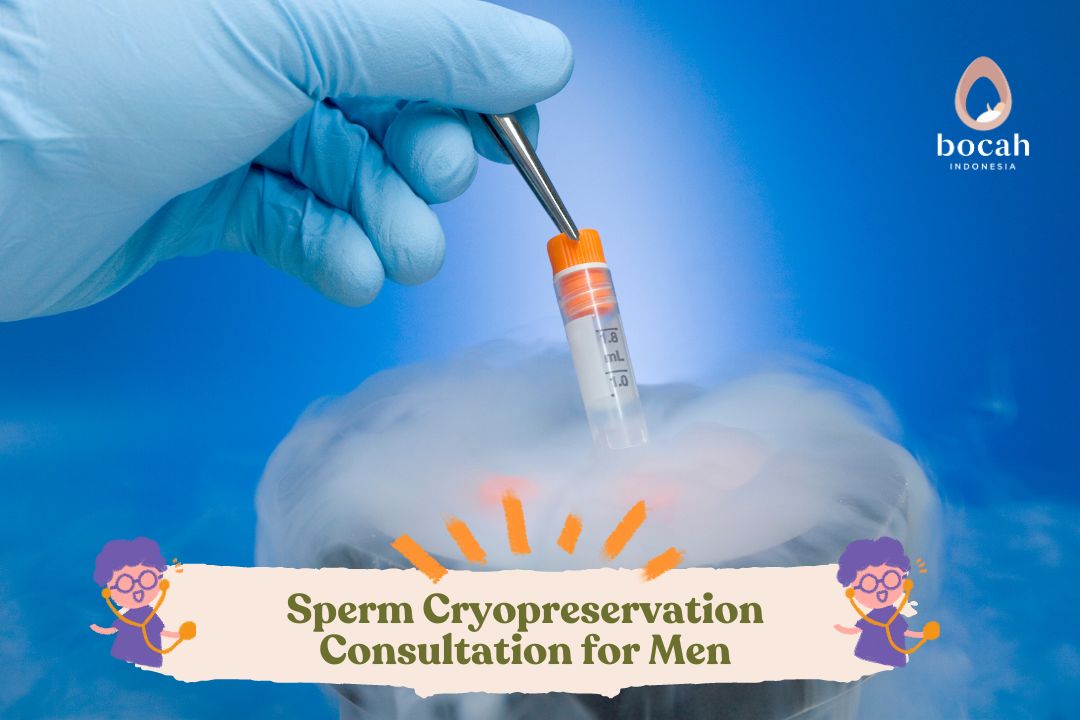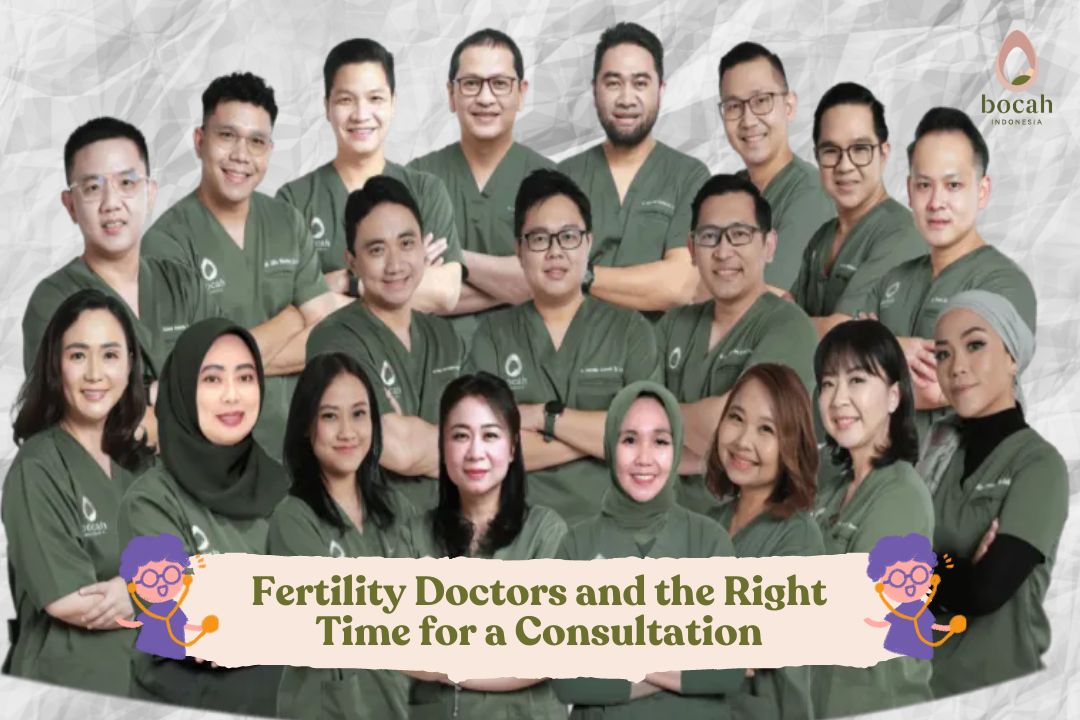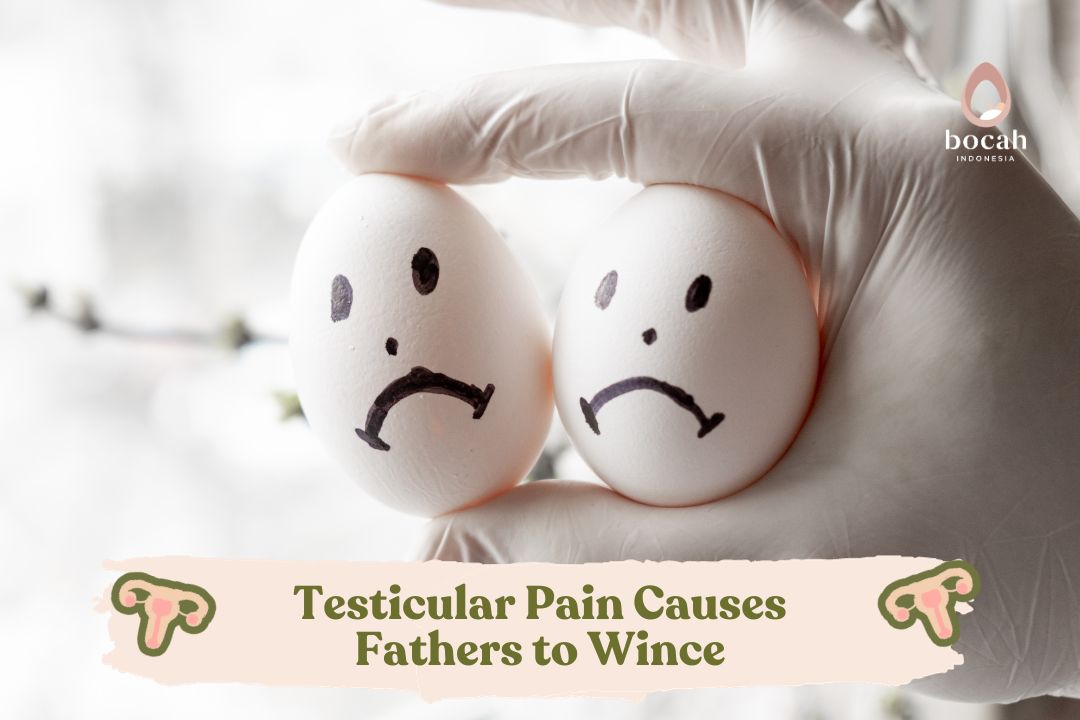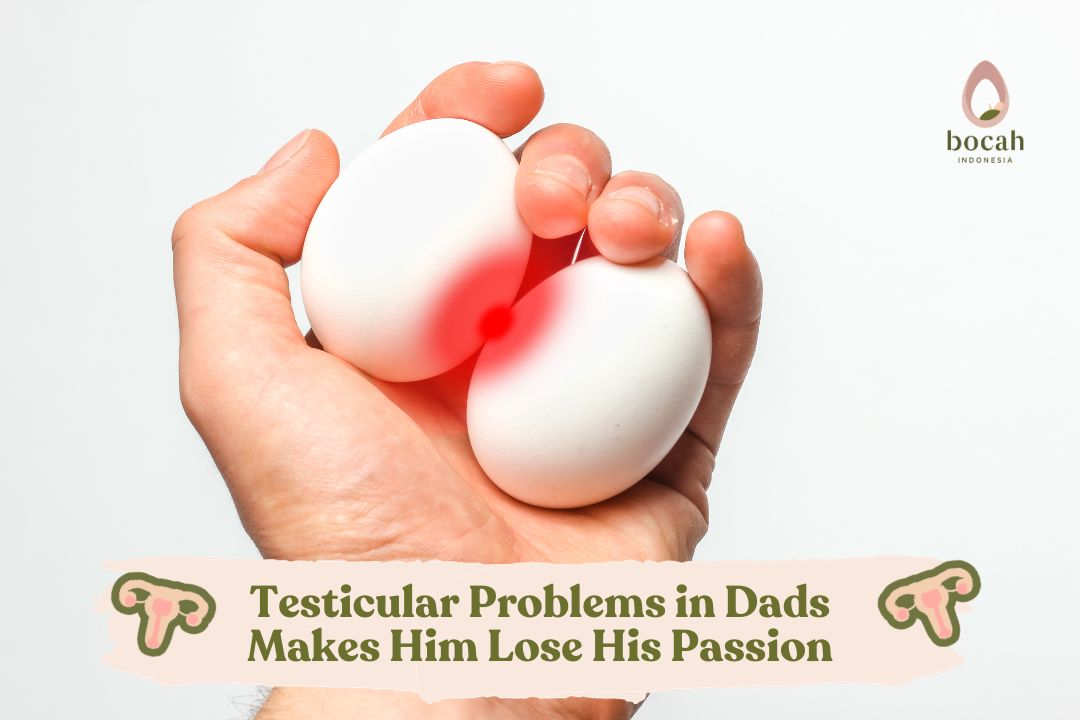Consultation for Testicular Torsion Before Critical
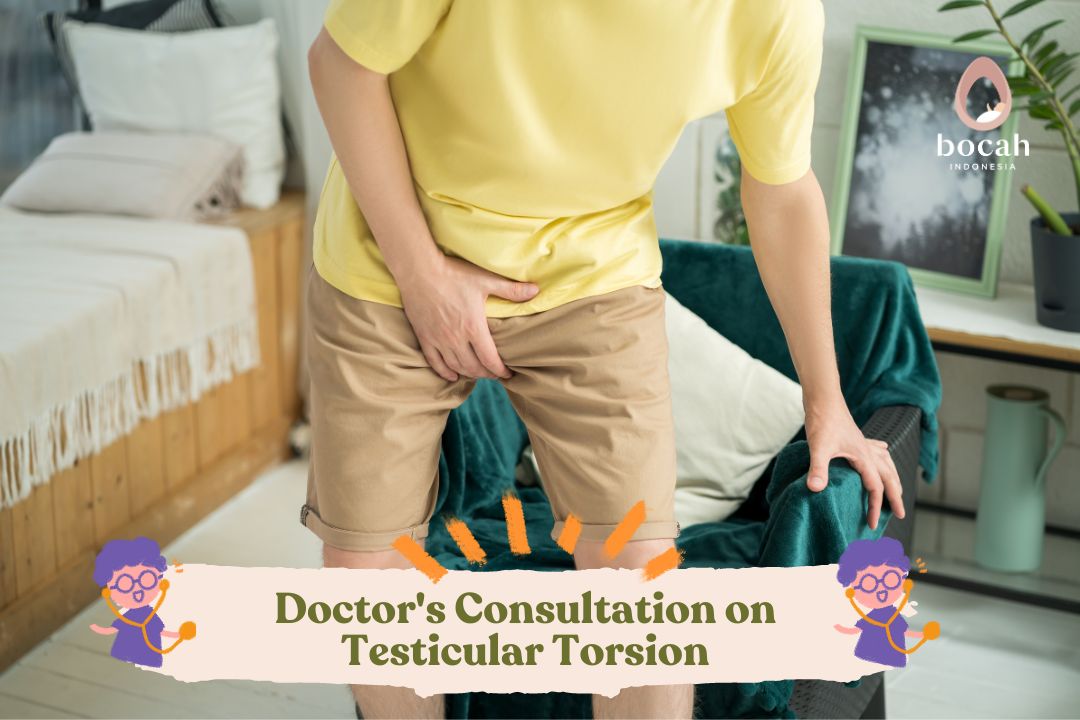
If Father experiences severe pain in the testicle, immediately contact a doctor or go to the nearest hospital’s emergency department.
Testicular torsion is a condition that occurs when the testicle or scrotum twists, causing severe pain in that area. This condition can affect males of all ages but most commonly occurs in those under 25 years old.
Testicular torsion occurs when the blood vessels supplying the testicle become twisted, causing disrupted blood flow. This is a condition that requires immediate attention as it can lead to permanent damage to the testicle and potentially cause infertility in males.
Causes of Testicular Torsion
To date, the exact causes of testicular torsion are still unknown. However, there are several risk factors that can increase the likelihood of a male experiencing this condition, including:
-
Genetic abnormalities bell clapper deformity, where the testicle has an unusual shape and is more prone to twisting.
Mulai Journey of Hope
-
Previous history of testicular torsion, indicating an individual’s vulnerability to this condition.
-
Family history, where other family members have experienced testicular torsion.
-
Injuries to the testicle, for example, due to sports or accidents.
-
Surge in testicular growth during puberty, which can affect tissue elasticity and increase the risk of twisting.
-
Prolonged exposure to cold air, such as when swimming in cold water.
Signs and Symptoms of Testicular Torsion
The main symptom of testicular torsion is severe pain in the testicle that can occur suddenly. This pain is usually localized to one testicle and may radiate to the abdominal area. In addition to pain, other symptoms that may occur include:
-
Swelling in one of the scrotum or testicular sacs
-
Testicle appearing smaller than usual
-
Twisted testicle positioned higher than its normal position
-
Frequent urination
-
Abdominal pain
-
Fever
-
Nausea and vomiting
-
Presence of blood in semen
In children, testicular torsion can also cause frequent awakenings in the middle of the night or early morning due to severe pain in the testicular sac.
When to Contact a Doctor?
If Father experiences sudden and severe pain in one of the testicles, promptly consult a doctor or go to the nearest hospital’s emergency department. Immediate treatment is crucial to prevent damage to the testicle.
If Father experiences pain in the testicle that suddenly disappears without treatment, still seek medical attention as this condition also falls under emergency situations that require immediate treatment.
Diagnosis of Testicular Torsion
To diagnose testicular torsion, the doctor will conduct an interview regarding the symptoms and Father’s health history, as well as perform a physical examination of the testicles and scrotum.
This physical examination includes rubbing or pinching the painful inner side of the thigh to check for testicular contraction. Additionally, the doctor may also perform some further tests, such as:
-
Testicular ultrasound (USG), to examine blood flow to the testicles.
-
Urine test and blood test, to check for any infections in the testicles.
Treatment of Testicular Torsion
The treatment of testicular torsion involves surgery orchiopexy. Father will be given general anesthesia before undergoing surgery. During the operation, the doctor will make a small incision in the scrotum or groin to reposition the twisted testicle.
The sooner the treatment is administered, the greater the chance of recovery from testicular torsion. If treatment is delayed, there is a risk of permanent damage to the testicle within 6 hours. In such cases, the doctor may need to perform a testicular removal.
After surgery, the doctor will prescribe pain medication. Father is also advised to take several recovery steps, including:
-
Apply ice packs to the operated area for 10-15 minutes.
-
Keep the surgical site clean.
-
Avoid strenuous activities, including sports, for several weeks.
-
Refrain from sexual activity for several weeks.
-
Get enough rest.
-
Engage in light physical activities, such as gentle walking.
Complications of Testicular Torsion
If testicular torsion is not promptly treated or left untreated, it can lead to several health complications, such as:
-
Abnormalities in testicular shape.
-
Damage to testicular tissue.
-
Disruption of fertility or infertility.
Prevention of Testicular Torsion
Genetic abnormalities such as bell clapper deformity that increase the risk of testicular torsion can be addressed by undergoing surgery to prevent testicular torsion. Meanwhile, testicular torsion caused by injury can be prevented by using testicular protectors during sports activities.
In conclusion, the sooner treatment is administered, the better the chances of recovery for the patient. If testicular torsion is not promptly treated, it can lead to permanent damage to the testicle and potentially cause infertility.
Do not hesitate to consult a doctor if Father notices any unusual changes in the testicles. Always maintain the health of reproductive organs to preserve fertility. By maintaining Father’s fertility, you can support the fertility program undertaken with Mother.
Interested in information about fertility programs? Let’s share this article for other infertility fighters!
This article has been medically reviewed by Dr. Chitra Fatimah.
Source:
- Nassiri, N. et al. (2021). Testicular Torsion From Bell-clapper Deformity. Urology, 147, pp. 275. https://pubmed.ncbi.nlm.nih.gov/32650017/
- Jckson, F. et al. (2020). The Impact of Testicular Torsion on Testicular Function. The World Journal of Men’s Health, 38(3), pp. 298–307. https://pubmed.ncbi.nlm.nih.gov/31081295/
- National Institute of Health (2022). MedlinePlus. Testicular Torsion.
- Cleveland Clinic (2019). Disease & Conditions. Testicular Torsion.
- Mayo Clinic (2022). Diseases & Conditions. Testicular Torsion.
- 12 Foods to Help You Get Pregnant Faster - 03/03/2026
- 3 Juice Recipes for a Pregnancy Program - 26/02/2026
- 4 Risk Factors for Infertility That Can Affect Both Men and Women - 25/02/2026


